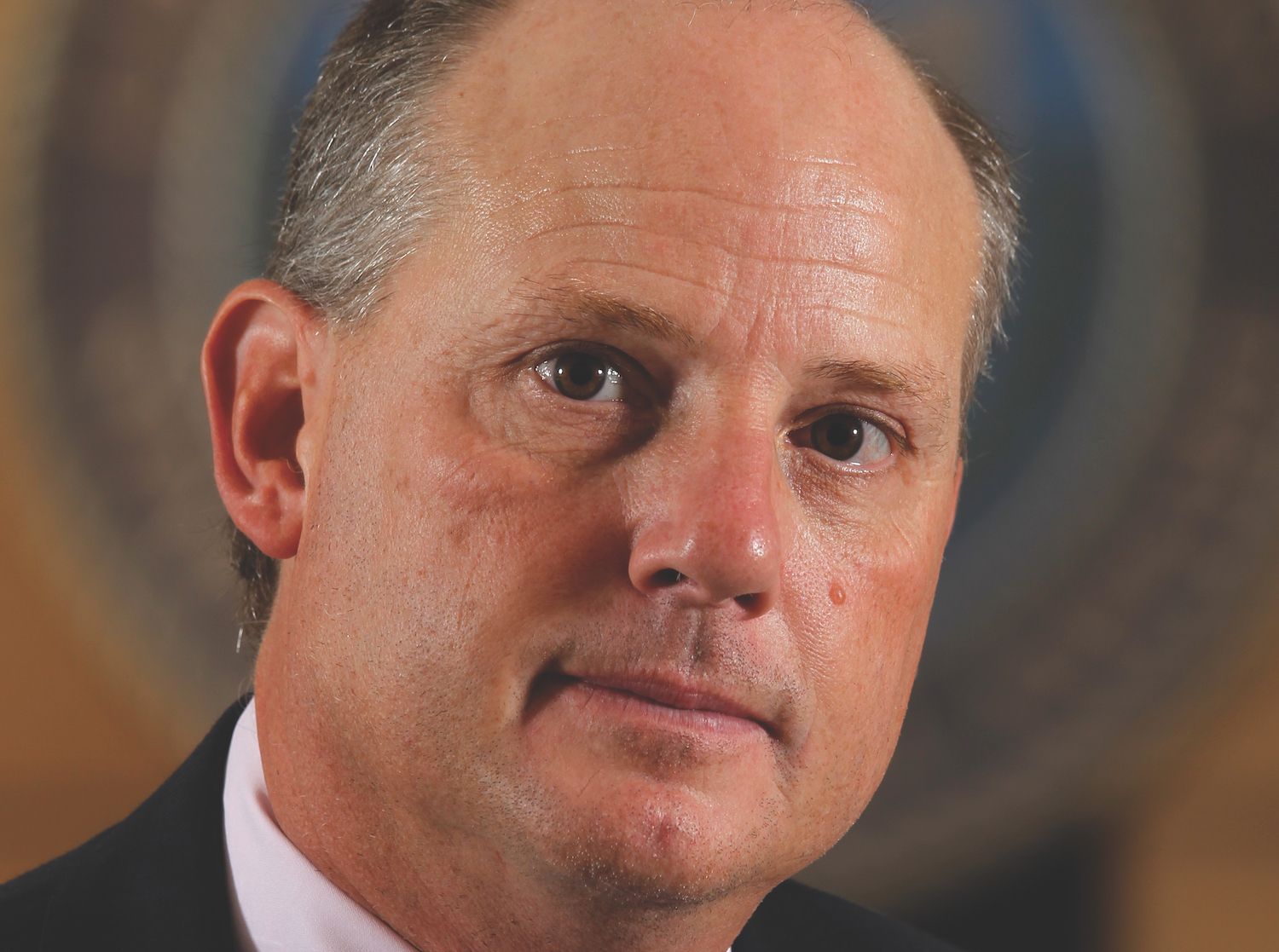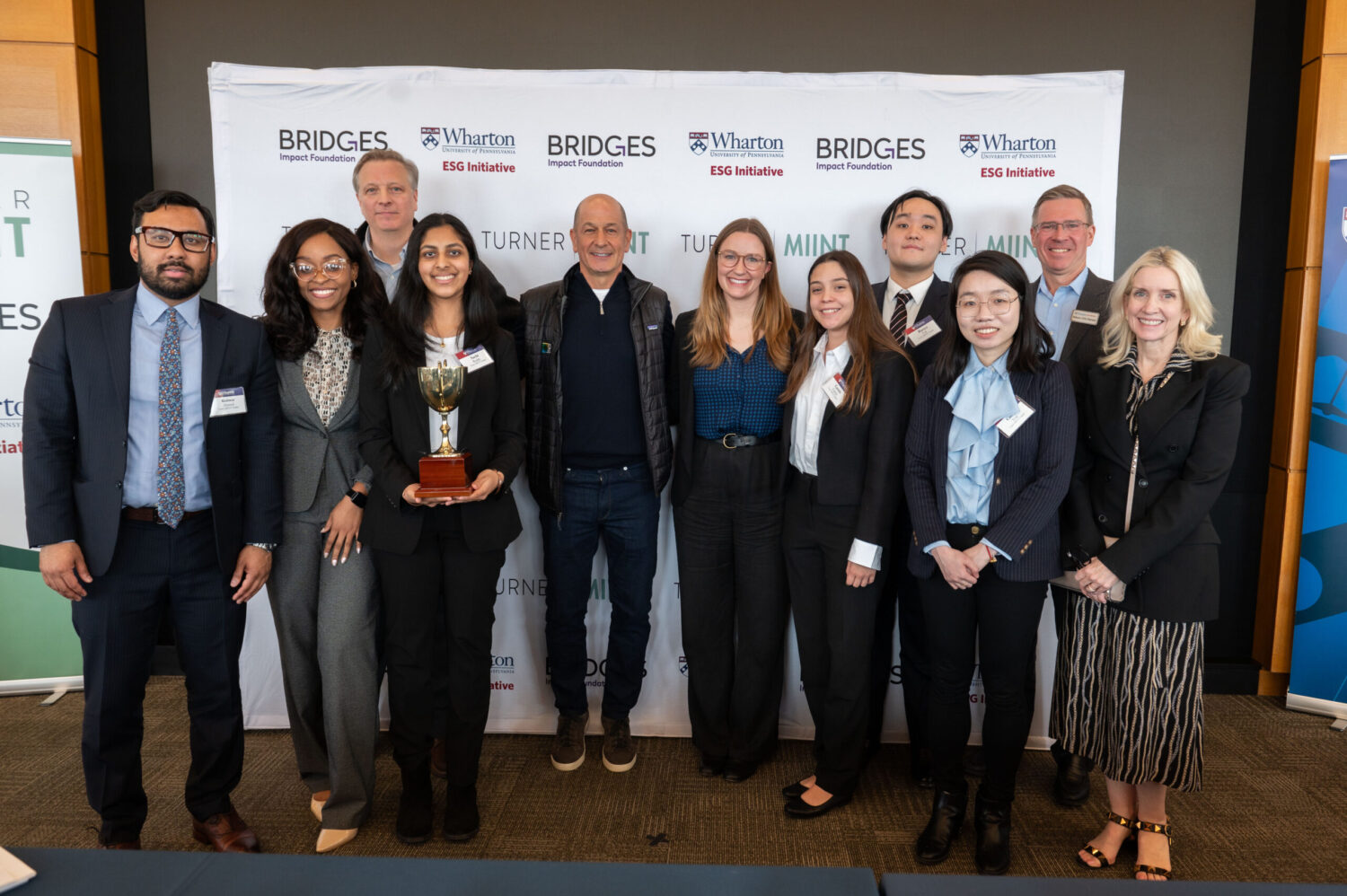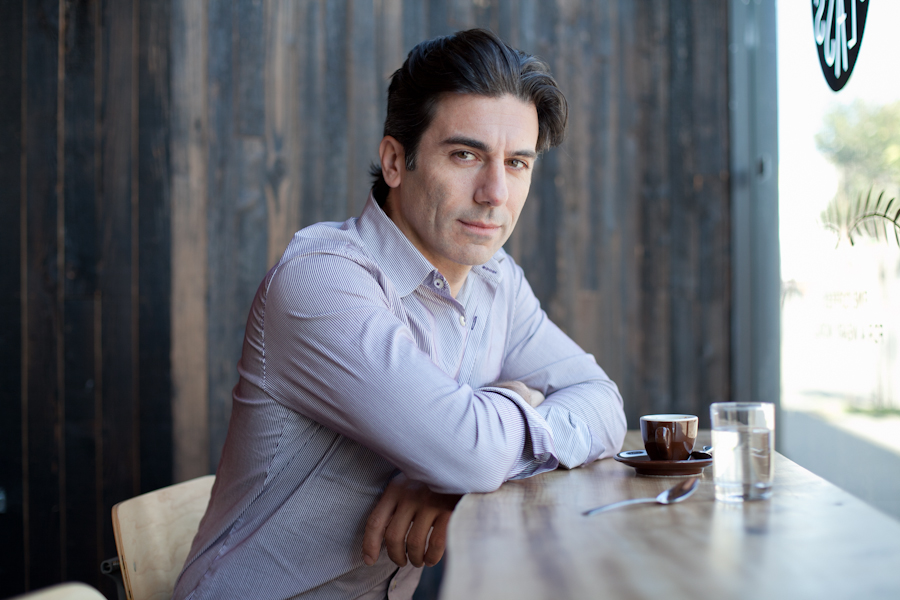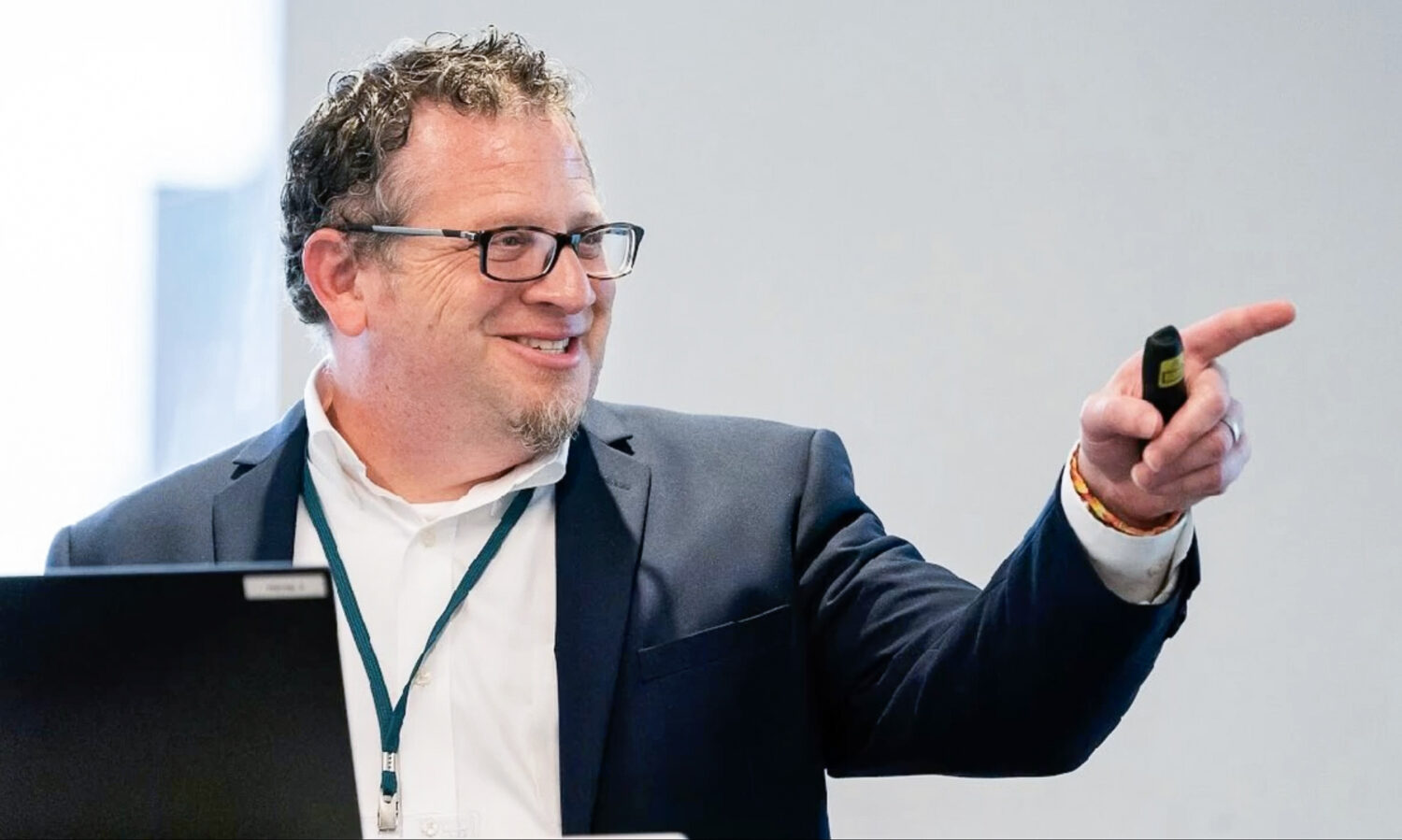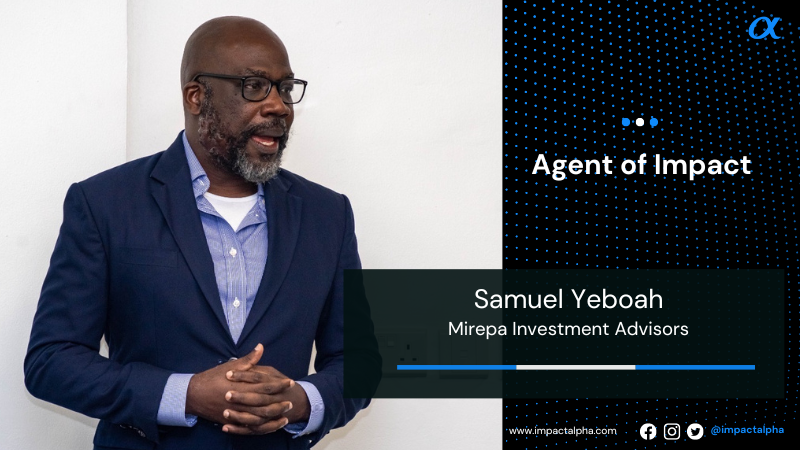Leo Strine was effectively the chief justice of U.S. corporations.
As the top judge on the Delaware Supreme Court and, before that, chancellor of the Delaware Court of Chancery, Strine for a decade was perhaps the most influential judge in the state where more than two-thirds of Fortune 500 companies are incorporated. As a reporter for The Wall Street Journal, I profiled Strine for a 2004 story about corporate “poison pill” takeover defenses.
Since Strine, now 57 years old, retired from the bench in 2019, he has been a man on a mission to redress the imbalance of power between capital, in the form of institutional investors, and workers, whose share of profits and productivity gains has been severely eroded over the past four decades.
But Strine rejects the notion that he left the bench to be freer to advocate for what he calls “fair and sustainable capitalism.” He was plenty outspoken on the bench and has been writing articles about the shared interests of management and labor in corporate governance reform at least since Joe Biden ran for president – in 2007.
“It took a long time to get folks to listen,” he told ImpactAlpha.
Gain sharing
Strine’s reform agenda has gained new salience as asset managers like BlackRock’s Larry Fink have urged corporations to adopt social “purpose,” and CEOs have pledged to respect “stakeholders,” through vehicles like the Business Roundtable’s 2019 pledge.
Giving such rhetoric real meaning, Strine says, requires the restoration of workers’ share of economic growth and productivity increases to the levels that prevailed before about 1980, when the election of Ronald Reagan and the doctrine of “shareholder primacy” presaged a dramatic power shift. Fifty years ago, workers got a bigger share of profits and CEOs were paid less.
Responsibility for the power imbalance, he says, falls largely on institutional investors, including pension funds that ostensibly represent the interests of workers and retirees. Corporations wouldn’t pursue stock buybacks if institutional investors didn’t demand them, for example, or press for workers to have a lower share of economic gains.
“if Corporate America treats its workers well and gives everybody an equal opportunity and shares those blessings, that, along with being environmentally responsible, is going to be its hugest contribution,” Strine said on this week’s Agents of Impact Call, ‘Capitalism Reimagined,’ hosted in partnership with Omidyar Network.
“But they can’t do that unless the institutional investors support them doing it. And, in fact, the institutional investors have squeezed and squeezed and have wanted workers to be squeezed so that stockholders could benefit, and that has had perverse results.”
Strine’s practical reforms include expanding the mandate of board compensation committees to include equitable compensation schemes across enterprises, workforce committees to elevate worker voices even at non-union companies, controls on corporate political spending and the adoption of public-benefit corporate structures that enshrine a positive duty to workers, communities, the environment and other stakeholders in corporate charters.
EESG
The current trend toward management of ESG performance should be expanded to “EESG,” Strine says, to emphasize the importance of employees along with environmental, social and governance factors. Strine is now of counsel at the law firm Wachtell, Lipton, Rosen & Katz.
“Unless we have an economy that treats workers fairly it’s not going to help the investor class either,” he says.
After three years as a corporate litigator, Strine came up on the staff of then Gov., now Sen. Tom Carper, and helped steer charter-school and welfare-reform bills through the legislature. “Public-policy implications are something I always have in mind,” he told me nearly 20 years ago.
Restoring worker power and “fair gainsharing” is crucial for racial equity, Strine says. Black people and other people of color are disproportionately represented among low-income workers. Better wages for all people reduces inequality by bringing Black, white and all workers together, he says.
“If you fix that gainsharing and restore, or come close to restoring, what it used to be, and you spread the blessings of a market system, you have all kinds of benefits,” he says. That’s going to build the center of our society. That’s going to minimize the ability of people to divide us on grounds that are irrational and immoral.”
In a talk last October, Strine laid out “the most important things the business community can do.” The list included: recruiting at colleges where Black and less affluent Americans go. Paying fair wages and providing safe working conditions and family-friendly schedules. Funding the public schools that Black families depend on. And locating operations in communities where Black people live and giving back to those communities.
“And if you are an institutional investor, realize your duty to support these policies and fairness for all American workers, without whose sweat and productivity our capitalist system cannot work,” he said.
“Sometimes it is that simple.”

